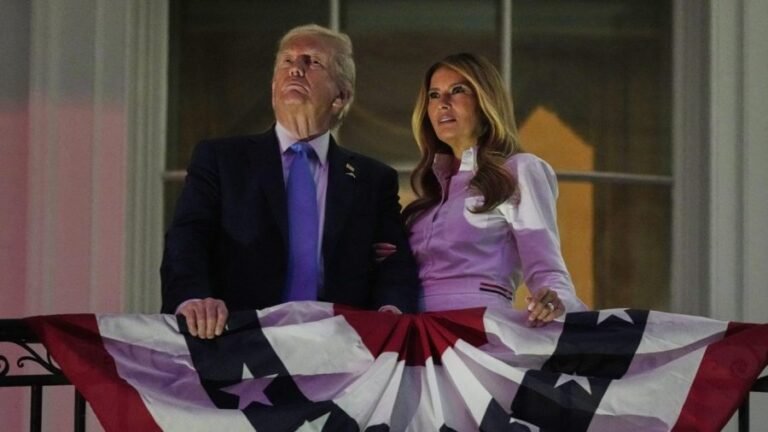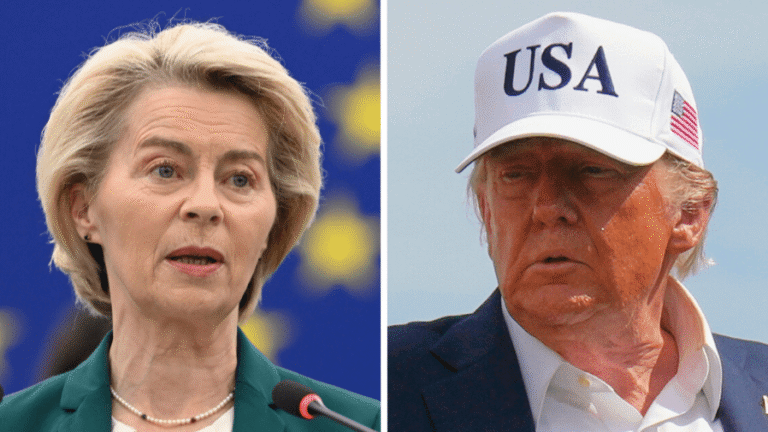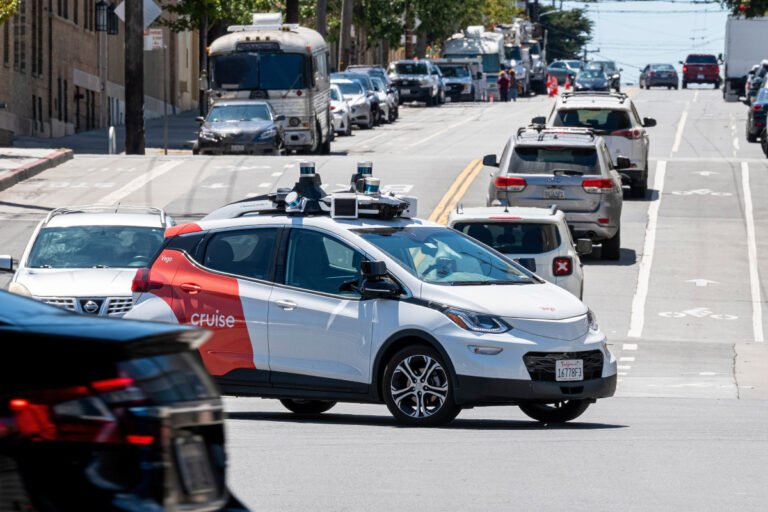
America is at war with itself.
Many, myself included, fear that political, social, cultural, ideological and economic divisions are as deep and possibly deeper than they were when our Civil War began in 1860.
That does not mean another such war is imminent. It does mean that the country may not be capable of governing itself in accordance with the virtues embedded in the Declaration of Independence and the law enshrined by the Constitution.
The irony and tragedy is that this condition was not inflicted by external enemies wishing us ill. The fault lies with us, the American public and two political parties that are deeply flawed.
Many will reject this thesis. After all, the economy, as judged by the stock market, is doing well. Employment is historically high and rising. The U.S. has resumed its role as leader of the free world by taking action to “obliterate” Iran’s nuclear infrastructure, deterring the Houthis by opening the Red Sea to more shipping and advancing negotiations in the Gazan and Ukrainian conflicts.
Further, the U.S. under President Trump’s leadership has convinced or coerced NATO to spend up to 5 percent of annual GDP on defense. The passage of the “big beautiful bill,” along with tariffs, will bring an economic boom. The border is under control.
So what is wrong here?
That is a long story. While the antecedents date back to the Vietnam War, the American public’s trust and confidence in government have dissipated to the point where cynicism and outrage abound.
Twenty years of failed wars and the inability of both parties to govern are among the causes of this discontent. The Republican Party has ceased to exist as it once did and is now Trump’s party. And the Democratic party was driven too far to the left to remain credible.
And whether you love or hate Trump, he has mobilized the powers of the presidency to do his bidding even more effectively than Lincoln did during the Civil War. One reason is that he is the first president who was not a professional politician or spent a career in government, as Eisenhower had in the Army. That meant he had an entirely different approach to governing as a CEO and not as a president. Although his first term was not a success, Trump, as the first president in more than a century to lose the presidency and then win it back again, learned and learned well.
Not even Lyndon Johnson could cow Congress the way Trump has. Much of the MAGA movement is cult-like, something no other president has created.
Democrats have seemed helpless to respond, from former President Joe Biden’s disastrous withdrawal from the presidency to Rep. Hakeem Jeffries’s (D-N.Y.) performative and ineffectual eight-hour marathon lament over passage of the big, beautiful bill.
Then the miracle of capitalism became a curse. Capitalism made it possible for those of ability or luck to accumulate vast fortunes, in some cases wealth larger than the GDPs of smaller nations. These economic divisions were exacerbated by politics and culture. The result is the politicization of America across virtually every issue, great or small.
What may determine whether America will continue or end the war on itself is the Big Beautiful Bill Act.
Trump’s argument is that the tax benefits, spending cuts and tariffs will prime the economy and bring in vast amounts of money to the treasury, thus lowering the debt and deficits. While the costs of tariffs are borne by consumers, tax cuts should compensate so that the broader public will not be worse off financially.
Democrats complain that Trump is ending the Johnson-era Great Society — that by cutting Medicaid he will cause tens of millions of Americans to lose health care. The reality is that both health care and social security costs are unaffordable for the long term.
Republicans are trying to remedy that, however unsuccessfully. Unfortunately, a much broader strategy is required if the fiscal imbalances are to be corrected.
The ticking time bomb is the trillions of dollars of debt that could accumulate from the big, beautiful bill. If Trump is correct and the bill works, 2028 will be a good year for Republicans and Americans.
But, if as many predict, debt will be unsustainable and the bill fails, there will not be a civil war. There will be a revolution at the ballot box.
Republicans and Democrats must prepare for both eventualities. If that is not done with sufficient care, the American Revolution against itself has only one way to go. And that will not be as satisfying as in 1776.
Harlan Ullman is UPI’s Arnaud deBorchgrave Distinguished Columnist, a senior advisor at the Atlantic Council, the chairman of two private companies and the principal author of the doctrine of shock and awe. He and David Richards are authors of a forthcoming book on preventing strategic catastrophe.






